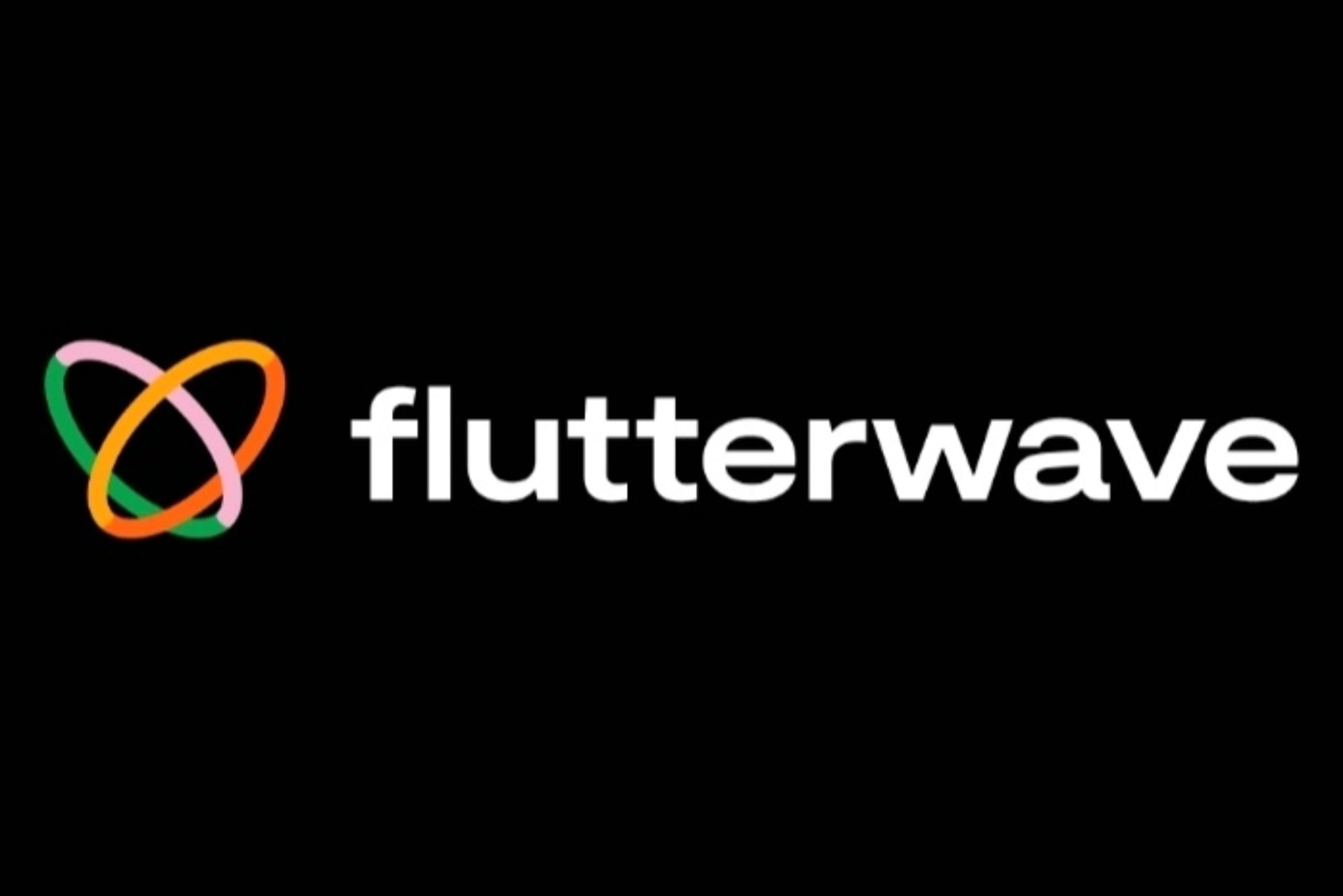Worldwide evidence of large-scale corruption during the pandemic affected the resources destined to fight it. Transparency International found that five months into the pandemic, the government purchased some goods at 25 times the original prize. Corruption in service delivery was identified in more than thirty countries.
By Uche Igwe
The outbreak of the COVID-19 pandemic took the world unaware, tested the resilience of global health systems, and almost brought countries with ill-equipped health systems to collapse. It brought unprecedented disruptions in the worldwide supply chain that precipitated upheavals in society. As of early September, about 605 million persons have been infected by the virus, leading to about 6.5 million deaths globally. The coronavirus was novel, as well as the interventions to contain it. Even as the virus was raging, many citizens were very doubtful of the sincerity of government efforts due to the low public trust in government institutions. For a country like Nigeria, where government corruption is rampant, public distrust is deep, fueled by past experiences of decades of failed promises. Declining trust was one of the critical factors that affected the country’s overall response to the pandemic.
Just Like Ebola, Containment Measures Did Not Produce the Expected Results
Although the pandemic has been devastating to the health and economy of the world, corruption worsened it. There were reported cases of artificial inflation, the proliferation of fake and counterfeit goods and wastage of public resources under several guises in the name of COVID responses. This is in addition to the fact that corruption in the health sector already costs the world an estimated $500 billion per year, with severe consequences on access, quality and efficiency of health services. Governments made rapid policy decisions and incurred huge public expenditures to fight the pandemic. Just like the case of the Ebola crisis in 2013, where about $1 billion in international public and private funds were disbursed to contain the pandemic, corruption contributed to the mismanagement of funds and diversion of relief supplies compromised containment measures.
COVID-19 has left a legacy of rising poverty and widening inequality. According to estimates from the World Bank, 97 more people will be living on less than $1.90 in 2021 due to the pandemic. Documented corrupt practices during the COVID-19 pandemic include grand corruption schemes involving highly placed political actors, petty corruption involving service delivery personnel and corruption in procurement and contracting processes. Many emergency scenarios are characterised by fast responses and lax checks and balances. The government loosened the regulatory environment to expedite responses.
The details of how the billions of naira donated under the Nigerian Private Sector Relief Fund Against COVID 19 (CACOVID) was spent remain hazy and unaccounted for till date. The Nigerian government’s claim that it paid N5 billion worth of palliatives to the transportation sector is still surrounded by controversy. Another N56 billion was allegedly disbursed to small and medium-scale enterprises as a survival fund.
Hastened Procurement and Waived Processes Provided Fertile Ground For Corruption
In many countries with weak institutions, the response to the virus provided new opportunities to exploit the weaknesses in the system to divert funds and food supplies away from the ordinary people who need them most. In the bid to hasten procurement, the usual processes, such as open competition and scrutiny, were waived to obtain essential supplies quickly. Justifiably, many governments had to act in haste without verifying suppliers or determining fair prizes. This allowed dishonest merchants and collaborators to bring in faulty products. There were cases of informal payments, favouritism and nepotism.
Worldwide evidence of large-scale corruption during the pandemic affected the resources destined to fight it. Transparency International found that five months into the pandemic, the government purchased some goods at 25 times the original prize. Corruption in service delivery was identified in more than thirty countries. The sense of urgency, increase in demand, and shortage of essential supplies like ventilators and personal protection equipment (PPE) necessitated the relaxation of checks and balances. It caused a strain on the global supply chain, making them vulnerable to corruption. Many contracts were issued without competitive bids.
Details of Expenditure of Resources Mobilised Remain Sketchy Amidst Many Blunders
Massive resources were mobilised nationally and globally to address both what was a health crisis and its economic side effects. For instance, Nigeria received $3.4 billion in emergency support to address the COVID-19 pandemic from the International Monetary Fund (IMF). Furthermore, a total of $6 billion was raised by other donors as complementary support to the Nigerian government. The World Bank approved an additional $400 million credit as additional financing to support vaccine acquisition. Official sources said that N20,000 each was distributed to 2.6 million households between January and April 2020 under the conditional cash transfer programme. The details of how the billions of naira donated under the Nigerian Private Sector Relief Fund Against COVID 19 (CACOVID) was spent remain hazy and unaccounted for till date. The Nigerian government’s claim that it paid N5 billion worth of palliatives to the transportation sector is still surrounded by controversy. Another N56 billion was allegedly disbursed to small and medium-scale enterprises as a survival fund. The distribution of cash grants and food support to food-insecure communities was wrought with irregularities.



